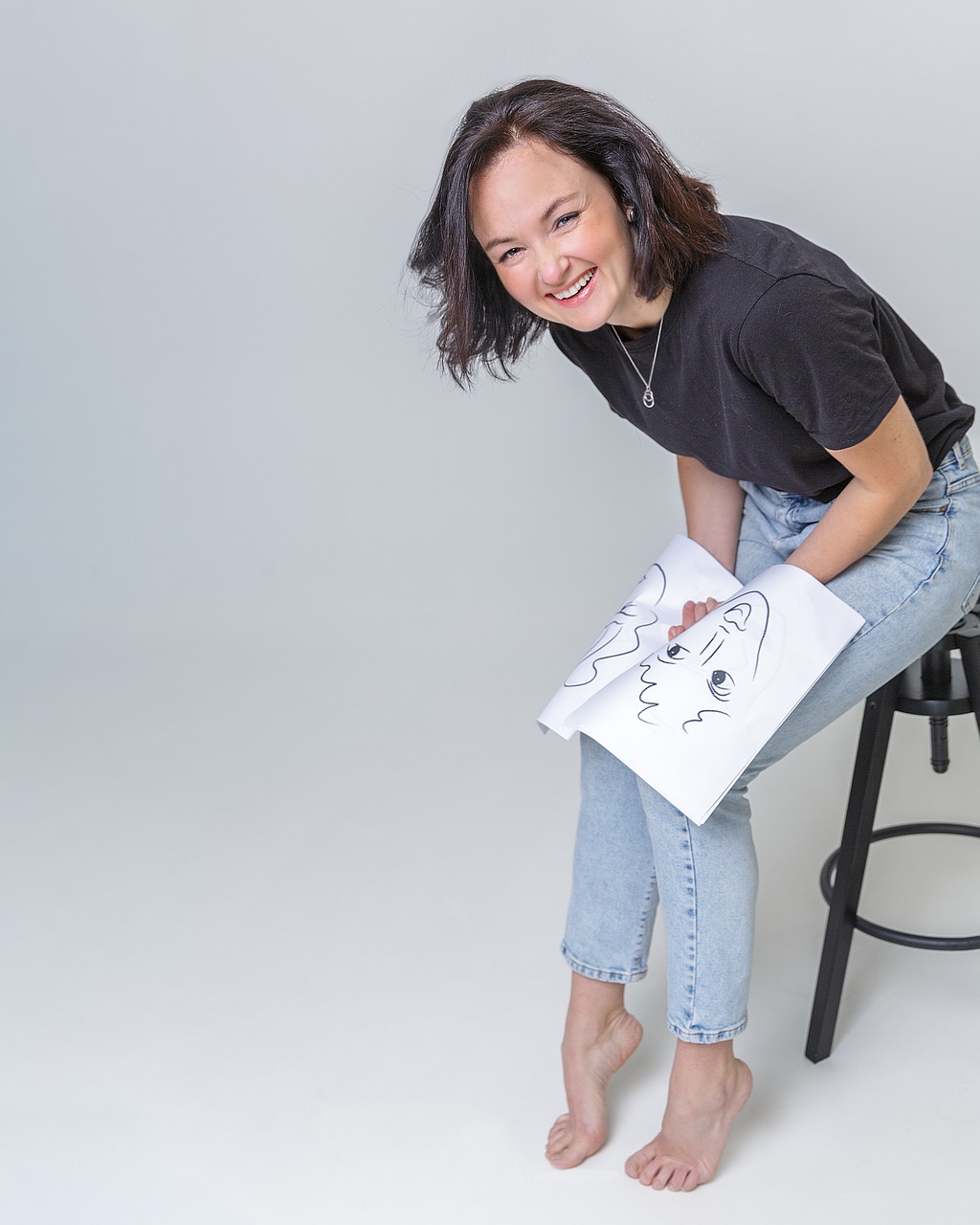The Enigma of Beauty: Unveiling the Psychological Impact of Beauty Products
The psychology of beauty is a complex and multifaceted field that has long been a subject of interest for researchers, psychologists, and the general public alike. At its core, it explores how our perceptions of beauty and the use of beauty products influence our self-confidence, identity, and overall well-being. In this article, we’ll delve into the nuances of this intriguing topic, examining the ways in which beauty products shape our self-perception and how they impact our mental health.
Introduction to the World of Beauty
Step into any retail store, and you’re immediately bombarded with a plethora of beauty products promising to transform your appearance and, by extension, your life. The beauty industry is a behemoth, with sales figures that skyrocket annually. But beneath the glossy advertisements and enticing packaging lies a deeper psychological dynamic. As noted by esteemed publications, the influence of beauty products on our psyche is profound, affecting not just how we see ourselves but also how we interact with the world around us.
The Psychological Impact of Beauty Standards
Beauty standards are culturally defined and have evolved over time, reflecting societal values and norms. These standards can have a profound psychological impact, as individuals strive to conform to what is considered beautiful. The consequences of not meeting these standards can be detrimental, leading to issues such as low self-esteem, body dysmorphia, and anxiety. It’s essential to recognize that beauty is subjective and that these standards are often unattainable and unrealistic.
The Role of Media and Advertising
The media and advertising play a significant role in shaping beauty standards, often presenting unattainable and Photoshopped images of beauty. These images can lead to unrealistic expectations and a distorted view of beauty, contributing to negative body image and low self-confidence. However, there’s a shift towards more inclusive and diverse representations in media, which is helping to redefine traditional beauty standards and promote a more positive body image.
Beauty Products and Self-Confidence
Beauty products can both positively and negatively affect self-confidence. On one hand, using certain products can enhance our appearance and, consequently, our self-perception, leading to increased confidence. On the other hand, the pressure to constantly look perfect and the fear of not meeting beauty standards can have adverse effects, leading to anxiety and decreased self-esteem. It’s crucial to find a balance, understanding that beauty products are tools to enhance our natural beauty, not define our worth.
The Science Behind Beauty and Identity
The relationship between beauty, identity, and self-confidence is deeply intertwined. Our sense of identity is partly derived from how we perceive ourselves and how others perceive us. Beauty products can influence this perception, allowing us to express ourselves and align our appearance with our identity. However, this expression can also be constrained by societal norms and expectations.
Exploring Identity Through Beauty
Beauty can be a powerful tool for self-expression and a means to convey our identity. Through makeup, hairstyle, and other beauty practices, individuals can communicate their personality, values, and cultural background. This form of expression is not just about adhering to beauty standards but about creating a personal aesthetic that reflects one’s inner self.
Beauty Routines and Rituals
Engaging in beauty routines and rituals can have a therapeutic effect, providing a sense of control and comfort. These practices can be meditative, offering a moment of solitude and self-care in a busy world. Moreover, the predictability of these routines can offer a sense of stability, which is psychologically reassuring.
Empirical Evidence and Research Findings
Research in the field of psychology has provided valuable insights into the effects of beauty products on self-confidence and identity. Studies have shown that the use of beauty products can enhance self-esteem and body satisfaction, especially when these products are used for self-expression rather than to conform to societal norms. However, the pressure to use these products to meet unrealistic beauty standards can lead to negative psychological outcomes.
Proceeding with Caution: The Dark Side of Beauty
While beauty products can have positive effects, it’s essential to acknowledge the darker aspects of the beauty industry. The promotion of unattainable beauty standards, the objectification of bodies, and the environmental impact of beauty products are just a few of the issues that need to be addressed. As consumers, being aware of these challenges and making informed choices can contribute to a more positive and responsible engagement with beauty products.
Questions and Answers on the Psychology of Beauty
Q: How do beauty products influence self-confidence?
A: Beauty products can influence self-confidence by enhancing appearance, thus potentially increasing self-esteem. However, the pressure to constantly meet beauty standards can have adverse effects.
Q: What role does societal pressure play in beauty standards?
A: Societal pressure significantly influences beauty standards, often presenting unrealistic and unattainable ideals that can lead to negative body image and low self-confidence.
Q: Can beauty products be a form of self-expression?
A: Yes, beauty products can be a powerful means of self-expression, allowing individuals to convey their personality, values, and identity.
Conclusion: Navigating the Complex World of Beauty
The psychology of beauty is a complex and multifaceted field that requires a nuanced understanding. While beauty products can have a positive impact on self-confidence and identity, they can also perpetuate harmful beauty standards and contribute to negative psychological outcomes. By being aware of these dynamics and promoting a culture of inclusivity and diversity, we can foster a healthier relationship with beauty and its products.
Key Points to Consider
- Beauty products can both enhance and detract from self-confidence, depending on their use and the motivations behind their use.
- Societal pressure and media play a significant role in defining beauty standards, which can often be unrealistic and harmful.
- Beauty can be a form of self-expression and a means to convey identity, but it should not define one’s worth or value.
- Awareness and education are key to navigating the complex world of beauty in a positive and healthy manner.
Statistical Overview
| Year | Sales in the Beauty Industry (Billion USD) | Percentage of Individuals Reporting Positive Self-Image Due to Beauty Products |
| 2020 | 500 | 60% |
| 2021 | 550 | 62% |
| 2022 | 600 | 65% |
These figures illustrate the growth of the beauty industry and the positive impact of beauty products on self-image for a significant portion of the population.
In conclusion, the psychology of beauty is a rich and complex tapestry, woven from threads of self-expression, societal pressure, and personal identity. As we navigate this intricate world, it’s essential to prioritize awareness, inclusivity, and a deep understanding of the psychological impacts of beauty products on our lives. By doing so, we can foster a healthier, more positive relationship with beauty, one that celebrates individuality and promotes well-being.

